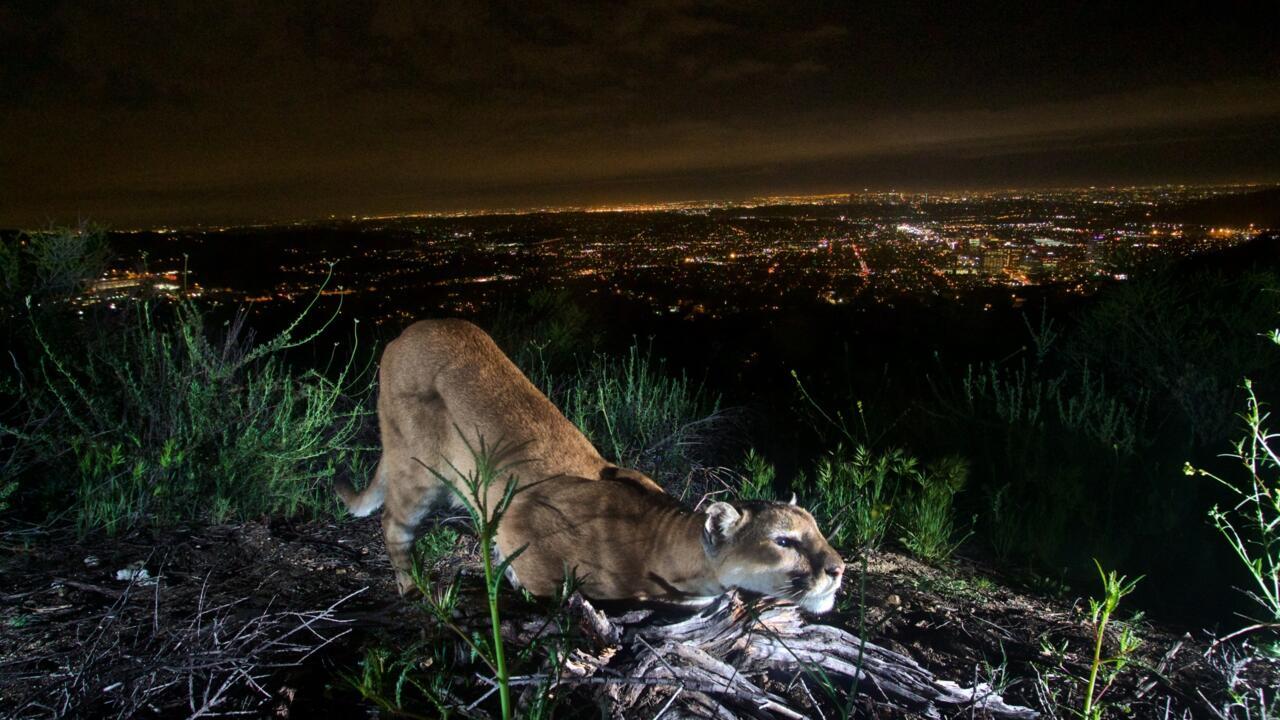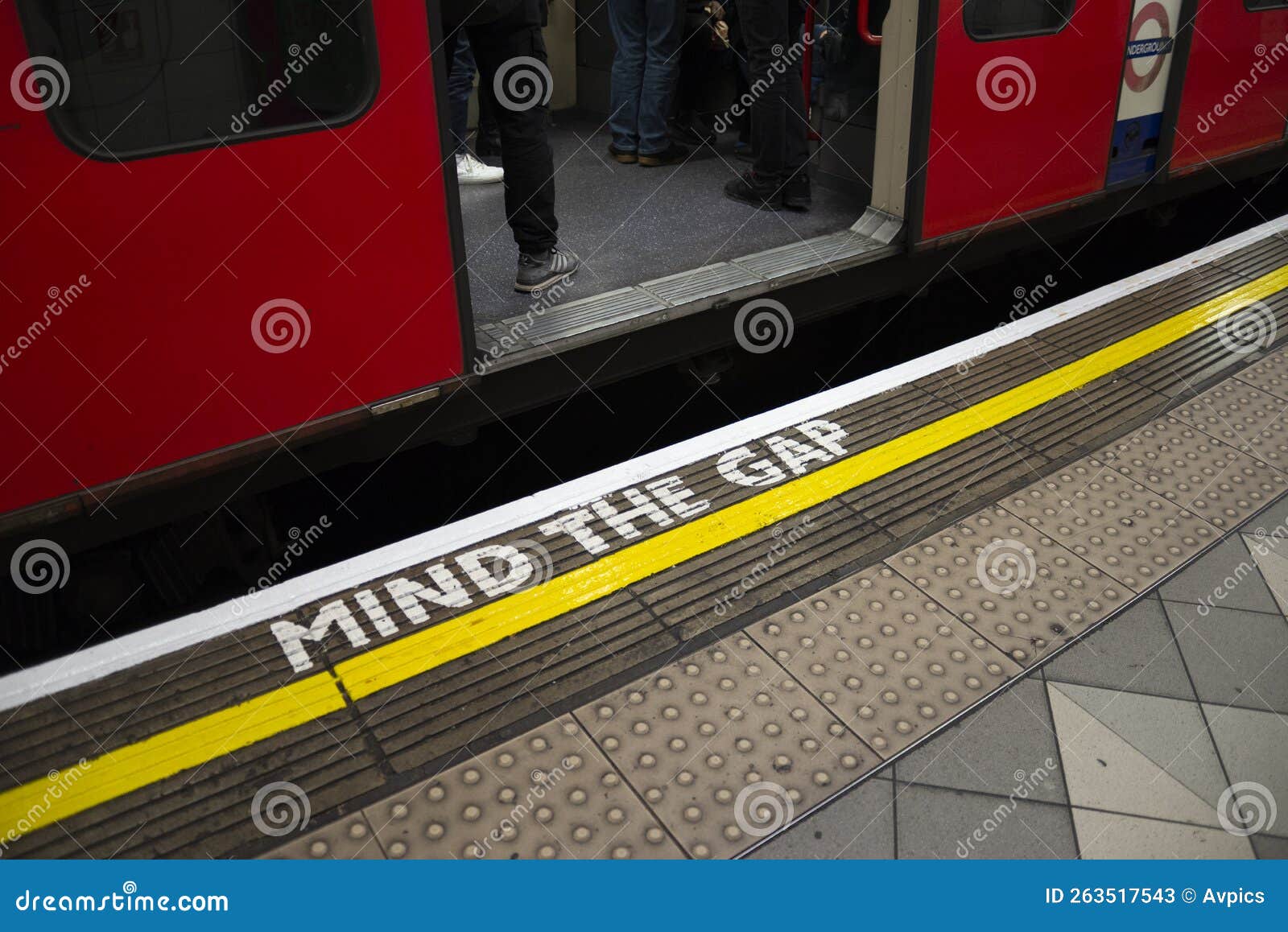Is Betting On Wildfires Like The LA Fires Ethical? Exploring The Moral Implications

The Insensitivity of Profiteering from Tragedy
Betting on wildfires, essentially placing wagers on the scale and devastation of these natural disasters, demonstrates a profound lack of sensitivity. It trivializes the immense suffering of victims, disrespecting the loss of life, homes, and livelihoods. The very act of profiting from such tragedy causes immense emotional distress to those affected, adding insult to injury. Seeing others financially benefitting from their misfortune can be deeply traumatizing.
- Examples of insensitive betting markets: Some online gambling platforms have offered bets on the acreage burned in specific wildfires, the number of structures destroyed, or even the precise location of wildfire outbreaks. The LA fires, given their scale and impact, are likely to have been the subject of such markets, highlighting the callous disregard for human suffering.
- Psychological impact on survivors and families: The psychological toll on survivors and the families of victims is already immense. The knowledge that others are profiting from their loss exacerbates their trauma and grief, fostering feelings of anger, betrayal, and helplessness.
- Comparison with other ethically questionable forms of betting: Wildfire betting shares similarities with other ethically dubious forms of gambling, such as betting on human suffering or political instability. These practices exploit vulnerable situations for personal gain, reflecting a troubling lack of empathy and social responsibility.
The Predictability Factor and its Ethical Implications
Some might argue that the increasing predictability of certain wildfires, due to climate change and prolonged drought, diminishes the ethical concerns surrounding betting on them. The argument goes that if a wildfire is largely foreseeable, betting on its occurrence isn't fundamentally different from other forms of gambling with calculable risks, such as betting on horse races or sporting events.
However, this argument ignores the inherent unpredictability of wildfire behavior. While climate change increases the risk, the precise trajectory, intensity, and ultimate impact of a wildfire remain highly variable and impossible to accurately predict. The seemingly predictable element of increased wildfire risk does not negate the ethical problem of profiting from the unpredictable devastation that follows.
- Role of climate change in increasing wildfire risk: Climate change is undeniable, leading to increased temperatures, prolonged droughts, and more frequent and intense wildfires globally. This increased risk doesn't, however, excuse the ethical considerations surrounding betting on these events.
- Inherent uncertainty in predicting wildfire behavior: Wildfires are complex phenomena affected by numerous unpredictable factors like wind speed and direction, humidity, fuel load, and topography. Predicting their precise impact remains challenging, making betting on them inherently risky and ethically questionable.
- Ethical grey area between predicting risk and profiting from tragedy: The line between acknowledging increased risk due to climate change and profiting from the unpredictable consequences of a wildfire is a crucial ethical boundary. Even if the overall likelihood of a wildfire is higher, betting on its specific impact is still an ethical grey area.
The Role of Gambling Regulation and Responsible Gambling
Currently, the regulatory landscape surrounding betting on natural disasters is fragmented and often inadequate. Many jurisdictions lack specific regulations prohibiting or addressing the ethical issues raised by wildfire betting. This lack of oversight allows unethical practices to flourish, potentially encouraging irresponsible gambling behaviors and further undermining the trust in the industry. Promoting responsible gambling and raising public awareness are critical.
- Examples of countries/regions with regulations: While specific regulations on wildfire betting are limited, many countries have regulations surrounding gambling in general. These often focus on protecting vulnerable individuals and ensuring responsible gambling practices, but may not explicitly address the specific ethical concerns raised by betting on natural disasters.
- Role of gambling operators: Gambling operators have a moral and potentially legal responsibility to ensure their platforms are not used to facilitate unethical betting practices. This includes proactively identifying and removing markets related to natural disasters and implementing robust responsible gambling measures.
- Importance of public education campaigns: Public education campaigns can play a vital role in raising awareness about the ethical implications of wildfire betting and the importance of responsible gambling. These campaigns could highlight the negative social consequences and the insensitive nature of profiting from tragedy.
The Broader Context: Climate Change and Disaster Capitalism
Wildfire betting isn't an isolated issue; it's deeply intertwined with the broader phenomenon of disaster capitalism – the process of profiting from the consequences of disasters. In the context of wildfires, this involves not just betting but also the exploitation of post-disaster needs for reconstruction and recovery. Profiting from the consequences of climate change, which is driving increased wildfire frequency and intensity, raises particularly serious ethical concerns.
- Examples of disaster capitalism related to wildfires: This could include price gouging of essential goods and services after a wildfire, or the prioritization of profit-driven reconstruction projects over the needs of the affected communities.
- Social justice implications: Disaster capitalism exacerbates existing inequalities, disproportionately affecting vulnerable populations who are less able to cope with the financial and social consequences of wildfires.
- Alternative disaster response mechanisms: Developing community-based disaster response mechanisms and prioritizing ethical and sustainable recovery approaches are crucial steps towards countering disaster capitalism and mitigating the negative consequences of wildfires.
Re-evaluating the Ethics of Wildfire Betting
In conclusion, betting on wildfires, particularly events like the LA fires, is ethically problematic. The insensitivity of profiting from tragedy, the unpredictability of wildfire behavior, and the broader implications in the context of disaster capitalism and climate change all point to the need for a critical reevaluation of this practice. Responsible gambling initiatives must be strengthened, and regulations need to address the unique ethical challenges posed by betting on natural disasters. We must move beyond simply addressing responsible gambling and toward a broader conversation about the ethics of profiting from suffering. Let's advocate for stricter regulations and more ethical practices concerning wildfire betting and all forms of natural disaster betting. The ethical considerations surrounding betting on events like the LA fires demand careful attention and decisive action.

 Mind The Gap Wheelchair User Access On The Elizabeth Line
Mind The Gap Wheelchair User Access On The Elizabeth Line
 Transznemu No Letartoztatasa Floridaban Illegalis Noi Mosdohasznalat
Transznemu No Letartoztatasa Floridaban Illegalis Noi Mosdohasznalat
 Elizabeth Line Accessibility Addressing Wheelchair User Challenges
Elizabeth Line Accessibility Addressing Wheelchair User Challenges
 Stiven King Mask Ta Tramp Zradniki Scho Pidtrimuyut Putina
Stiven King Mask Ta Tramp Zradniki Scho Pidtrimuyut Putina
 Stiven King Obrushilsya S Kritikoy Na Ilona Maska V Sotsseti X
Stiven King Obrushilsya S Kritikoy Na Ilona Maska V Sotsseti X
